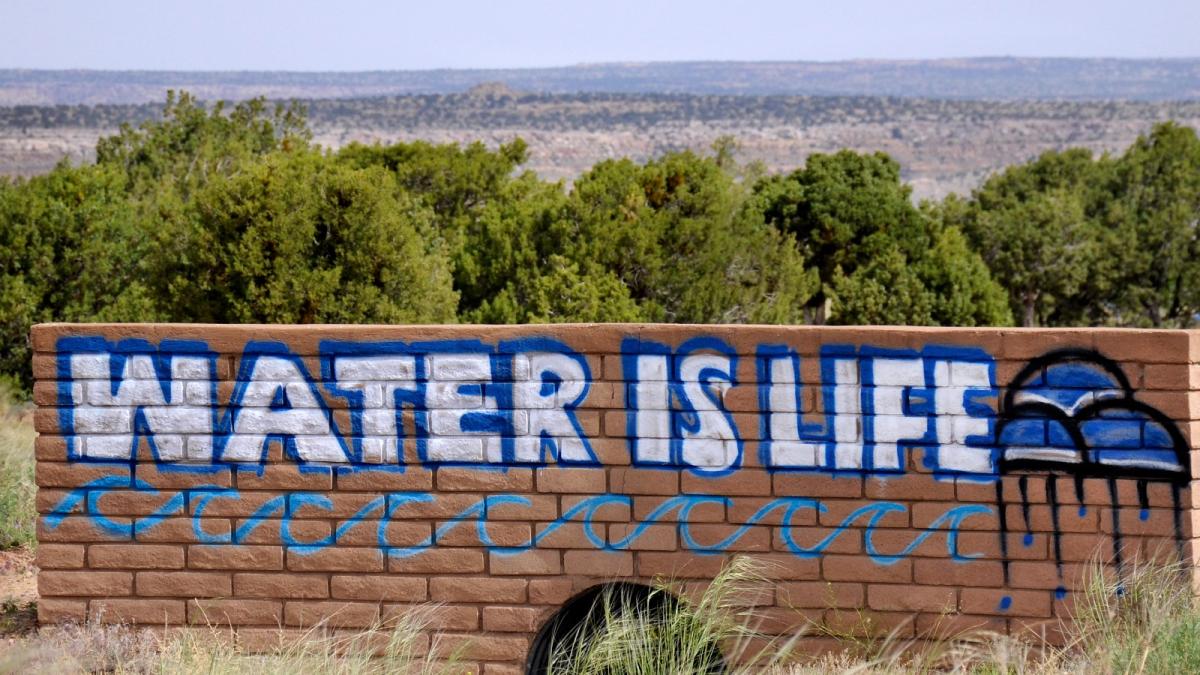This story was originally published by ProPublica, a nonprofit newsroom that investigates abuses of power.
In September 2020, the Hopi Tribe’s four-decade effort to secure its right to water culminated in a court proceeding. The outcome would determine how much water the arid reservation would receive over the next century and whether that amount would be enough for the tribe to pursue its economic ambitions. Under rules unique to Arizona, the tribe would have to justify how it would use every drop it wanted.
The monthslong ordeal in Arizona’s Superior Court unfolded in video calls over shaky internet connections.
Chairman Timothy Nuvangyaoma called it “the fight of our lives.”
The U.S. Supreme Court ruled in 1908 that reservations have an inherent right to water. In the rest of the country, courts grant tribes water based on the amount of arable land on their reservations, relying on a 1963 U.S. Supreme Court precedent. But in 2001, Arizona developed its own m... Read more

